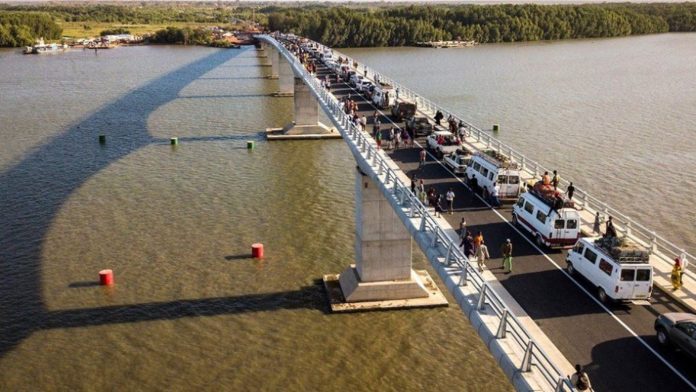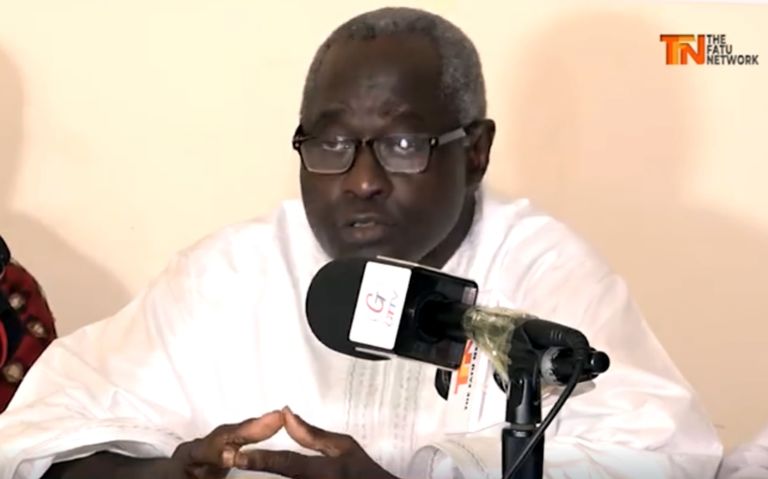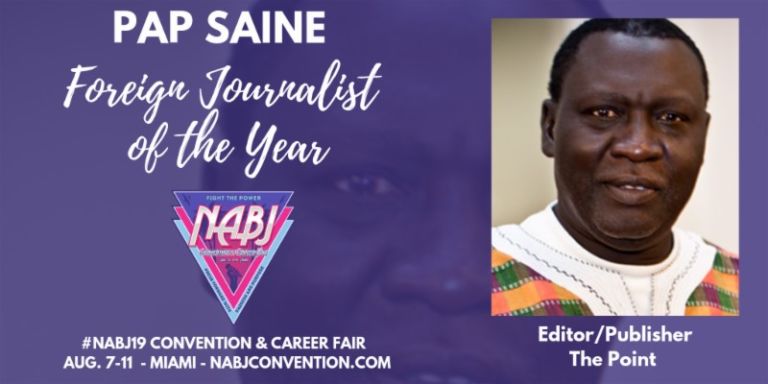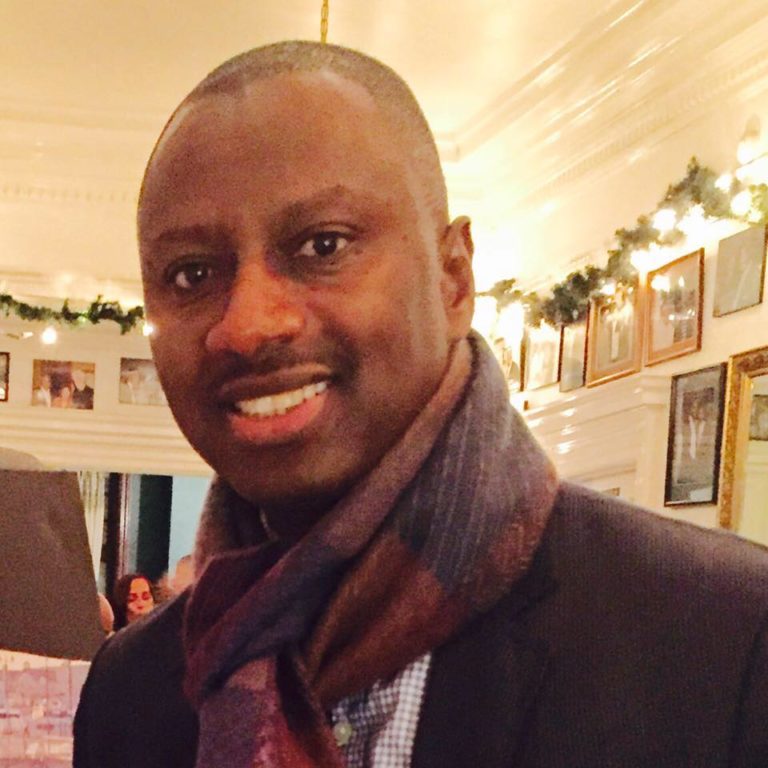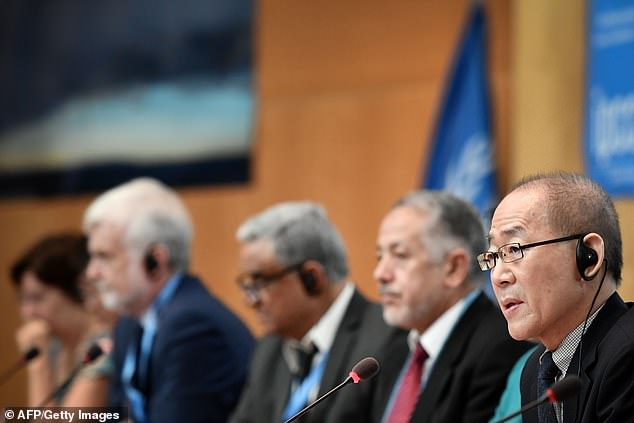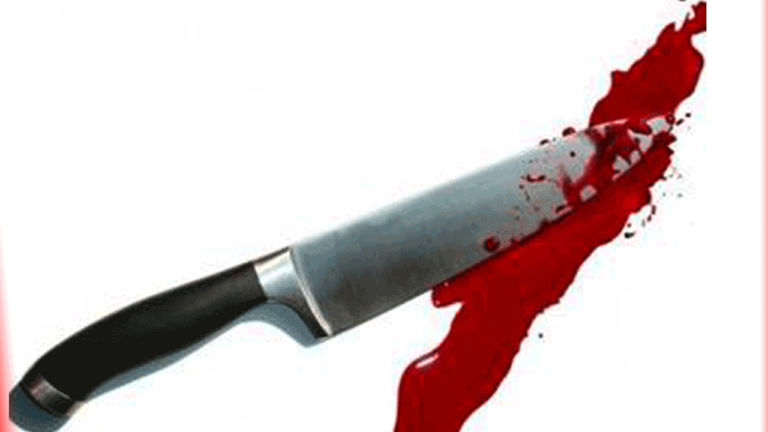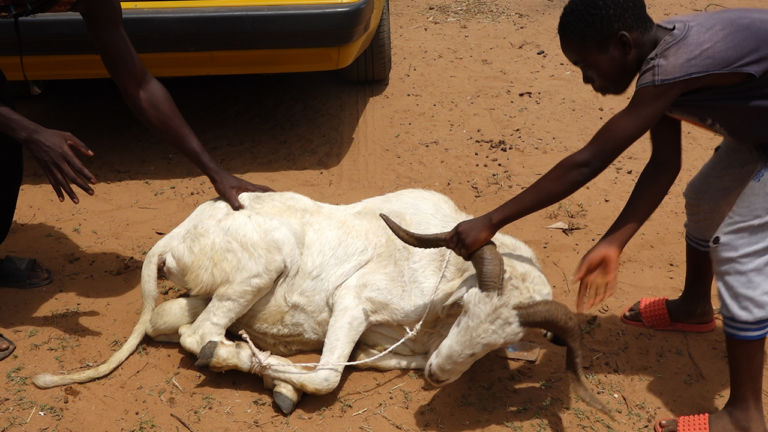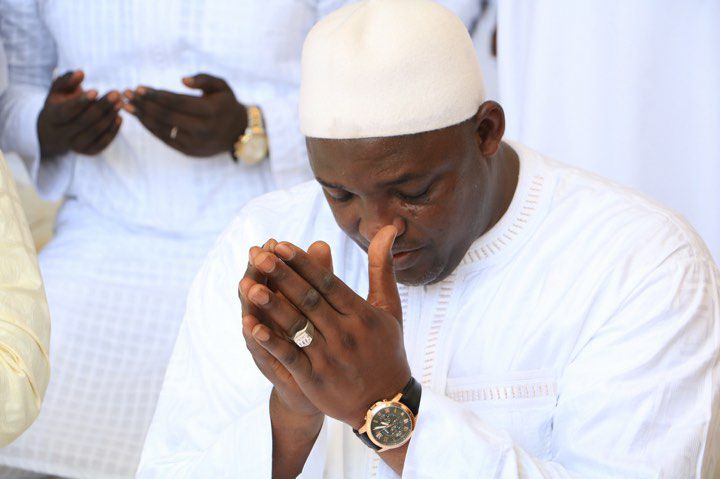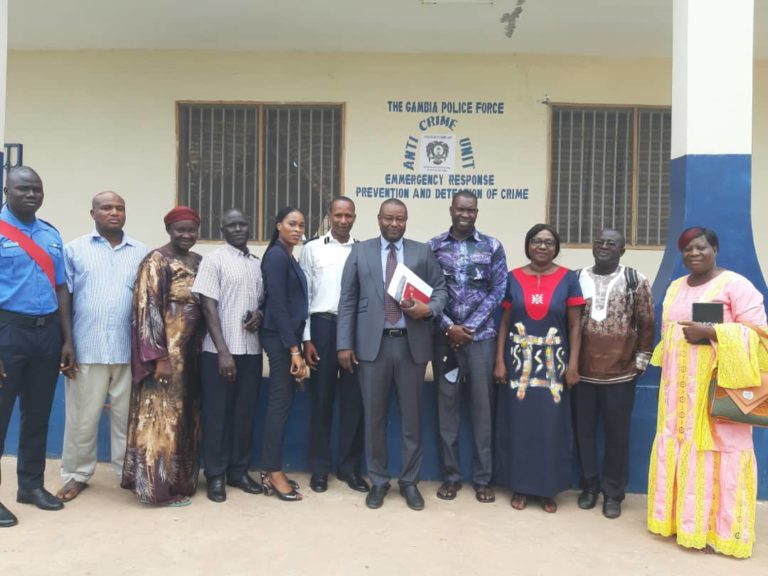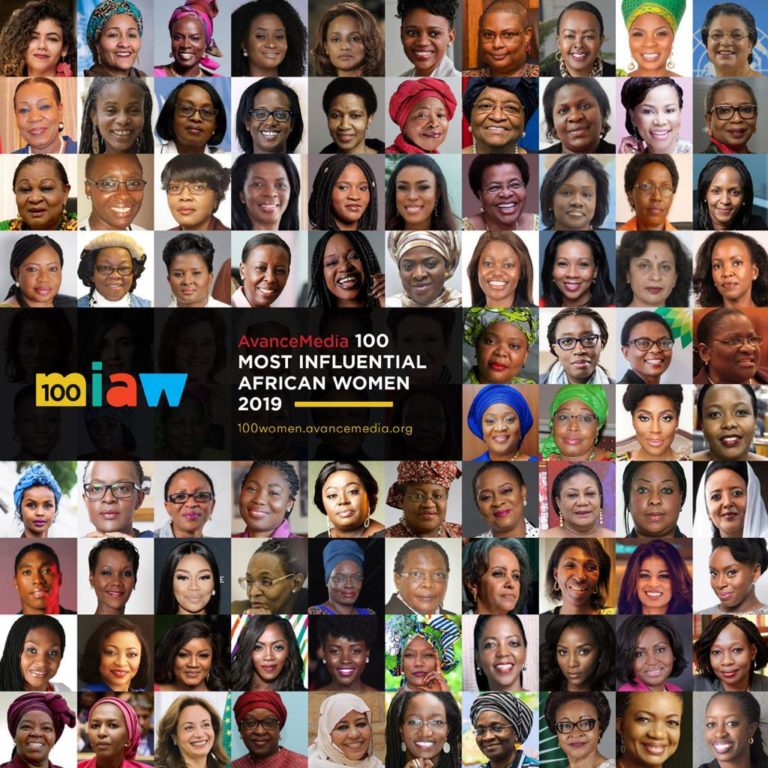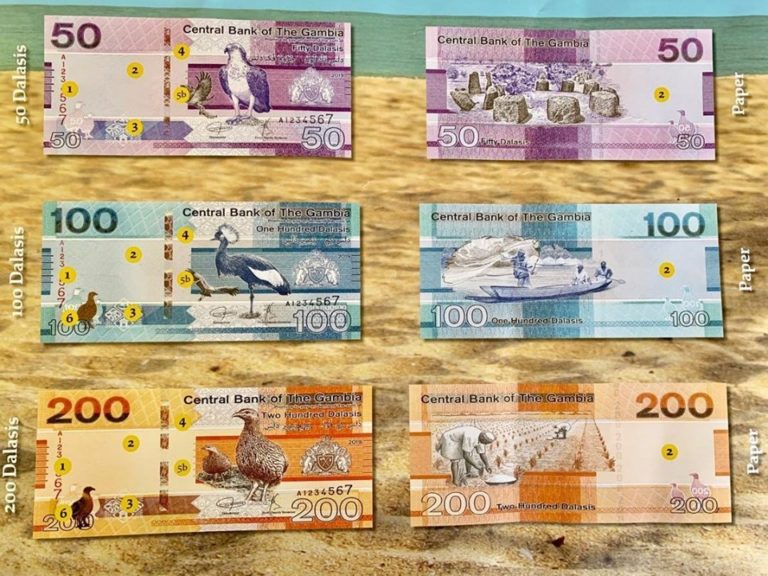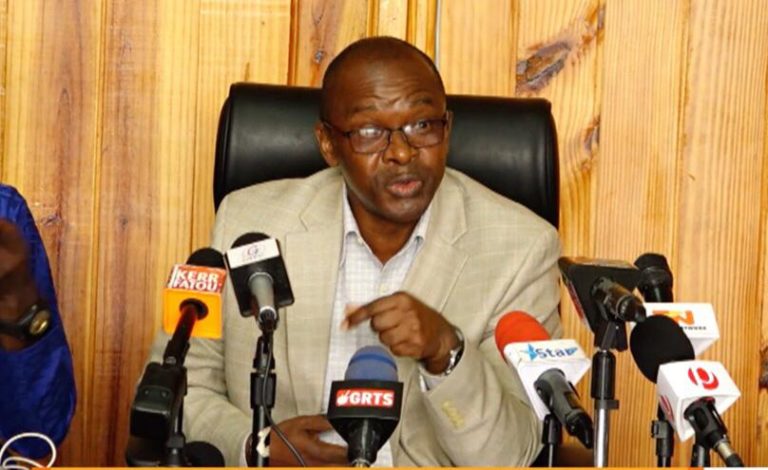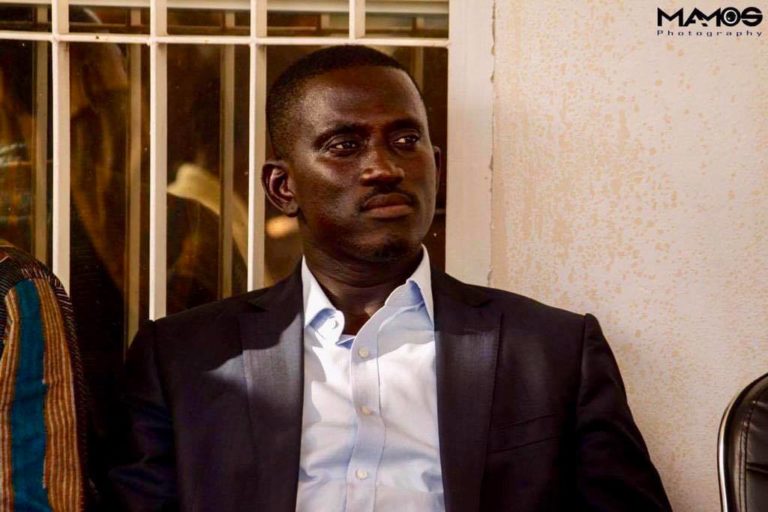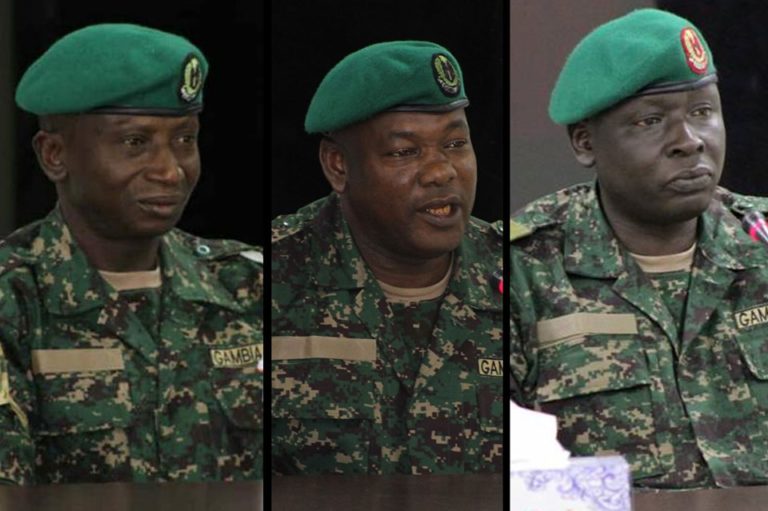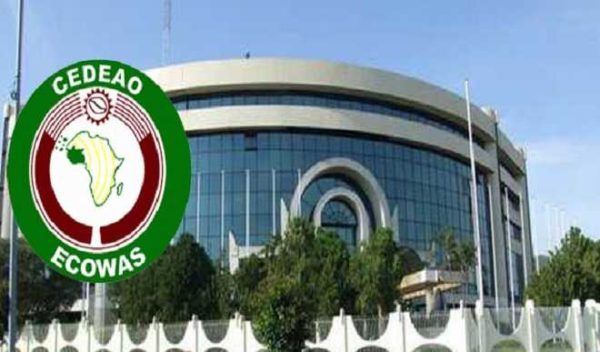Leading African Rating and PR firm, Avance Media has announced its inaugural list of 100 Most Influential African Women, which features distinguished women whose works and accomplishments continue to inspire the next generation of women in Africa.
Speaking about the list, Prince Akpah, Managing Director of Avance Media, noted that, the list has a representation of 100 women from 35 African countries who are changing the feminine narrative and challenging the status quo of women on the continent.
He also cited that, some of the honourees have expressed interest in offering mentorship opportunities to young women from across the continent through the Be A Girl Mentorship program which is being launched to upsurge the impact of the publication.
Avance Media has over the years been engaged in changing the narrative about Africa through rating and ranking publications and the launch of this initiative is expected not only to celebrate Africans but showcase the individual and collective works of women who are earnestly inspiring the next generation of leaders in Africa.
The list features women who occupy eminent leadership positions such as President, Prime Minister, Secretary General, First Lady, Governor, Minister, CEO and Commissioners.
Notable among them are Ethiopia’s President H.E. Sahle-Work Zewde, Liberia’s Vice President H.E. Jewel Taylor, Namibia’s Prime Minister Rt. Hon. Dr Saara Kuugongelwa-Amadhila, United Nations Deputy Secretary General H.E. Amina J. Mohammed and former presidents, H.E. Ellen Sirleaf Johnson and H.E. Catherine Samba-Panza.
The list also features young women activists such as AU Youth Envoy Aya Chebbi, Farida Bemba Nabourema and Ilwad Elman.
Profiles of all the honouree have been published on 100women.avancemedia.org and applications for the Be A Girl Mentorship Program is also opened.
Below is the list of Avance Media’s 2019 100 Most Influential African Women arranged in alphabetical order.
Abiola Bawuah || United Bank for Africa (UBA)
Aïda Diarra || Visa, SSA
Amani Abou-Zeid (H.E Dr.) || African Union Commission
Amina C. Mohammed (Amb. Dr) || Kenyan Cabinet Minister
Amina J. Mohammed (H.E) || United Nations
Amira Elfadil Mohammed Elfadil (H.E) || African Union Commission
Angela Kyeremanten-Jimoh || IBM
Angélique Kidjo || Musician
Arunma Oteh || University of Oxford
Aya Chebbi || African Union Commission
Bethlehem Tilahun Alemu || soleRebels
Bineta Diop (H.E) || African Union Commission
Binta Toure Ndoye || The Orabank Group
Bogolo Joy Kenewendo || Batswana Cabinet Minister
Bonang Matheba || Media Personality
Carole Wainaina || Africa 50
Caroline Abel || Central Bank of Seychelles
Caster Semenya || Athlete
Catherine Samba-Panza (H.E) || Former President, Central African Republic
Cessouma Minata Samate (H.E) || African Union Commission
Chimamanda Ngozi Adichie || Author
Clare Akamanzi || Rwanda Development Board
Coumba Toure || Africans Rising Movement
Cynthia Samuel-Olonjuwon || International Labour Organisation
Delphine Maidou || Allianz Africa
Diane Karusisi (Dr) || Bank of Kigali
Elisabeth Medou Badang || Orange Africa
Elizabeth Elango Bintliff || Junior Achievement Africa
Ellen Johnson Sirleaf (H.E) || The Elders
Farida Bemba Nabourema || Togolese Civil League
Fatima K. Mohammed (H.E) || United Nations
Fatma Samba Diouf Samoura || FIFA
Fatou Bom Bensouda || International Criminal Court
Fatou Jagne Senghor || Article 19 West Africa
Folorunsho Alakija || Famfa Oil
Genevieve Nnaji || Actress
Gladys Kokorwe || National Assembly of Botswana
Graça Machel || Graca Machel Trust
Hanna Tetteh (H.E) || United Nations
Kamissa Camara (Hon) || Malian Cabinet Minister
Ibukun Awosika || First Bank of Nigeria
Ilwad Elman || Elman Peace and Human Rights Center
Irene Ovonji-Odida || The Uganda Association of Women Lawyers
Jackie Chimhanzi (Dr) || African Leadership Institute
Janine Kacou Diagou || Nsia Groupe
Jeannine Mabunda Lioko || DRC National Assembly
Jewel Taylor (H.E) || Liberian Vice President
Josefa Leonel Correia Sacko (H.E) || African Union Commission
Joyce Aryee (Dr) || Newmont Ghana Gold Ltd
Joyce Msuya || United Nations Environment Programme
Joyce-Ann Wainaina || Citi East Africa
Judy Dlamini (Dr) || University of the Witwatersrand
Juliana Kantengwa (Dr) || Pan African Parliament
Julie Gichuru || Acumen Communication Ltd
Justice Irene Mambilima || Supreme Court of Zambia
Justina Mutale || Justina Mutale Foundation
Khadja Nin || Musician
Leymah Gbowee || Gbowee Peace Foundation Africa
Linda Ikeji || Blogger
Louise Mushikiwabo || Organisation Internationale de la Francophonie
Lupita Nyong’o || Actress
Mandisa Maya || Supreme Court of Appeal of South Africa
Mariam Jack-Denton || National Assembly of the Gambia
Matshidiso Rebecca Moeti (Dr) || WHO
Maya Hanoomanjee || National Assembly of Mauritius
Meaza Ashenafi || Federal Supreme Court of Ethiopia
Michelle Ndiaye || Africa Peace and Security Programme
Mo Abudu || Ebony Life TV
Monica Geingos (H.E) || Namibian First Lady
Mosun Belo-Olusoga || Access Bank PLC Nigeria
Nadia Fettah || Saham Finances
Ngozi Okonjo Iweala || Gavi Alliance
Nicky Newton-King || Johannesburg Stock Exchange
Nkosazana Dlamini-Zuma (H.E) || South African Cabinet Minister
Nunu Ntshingila || Facebook Africa
Obiageli Ezekwesili || Transparency International
Omotola Jalade Ekeinde || Actress
Osaretin Demuren || GT Bank PLC Nigeria
Oumou Sangaré || Musician
Phumzile Mlambo-Ngcuka (Dr) || UN Women
Precious Moloi-Motsepe (Dr) || African Fashion International
Priscilla Schwartz (Dr) || Sierra Leone Cabinet Minister
Priscillah Mabelane || BP Southern Africa (Pty) Ltd
Rebecca Akufo-Addo (H.E) || Ghanaian First Lady
Rebecca Enonchong || Apps Tech
Rebecca Kadaga (Rt. Hon. ) || Parliament of Uganda
Retselisitsoe Matlanyane (Dr) || Central Bank of Lesotho
Saara Kuugongelwa-Amadhila (Rt. Hon. Dr) || Namibian Prime Minister
Sahle-Work Zewde (H.E) || Ethiopian President
Sarah Mbi Enow Anyang Agbor (Prof H.E) || African Union Commission
Sheila Tlou (Professor ) || Global HIV Prevention Coalition
Sola David-Borha || Standard Bank Africa
Sophie Ikenye || BBC Focus on Africa
Tiwa Savage || Musician
Tsitsi Masiyiwa || Higherlife Foundation
Vera Songwe (Dr) || United Nations Economic Commission for Africa
Verónica Macamo || Assembly of the Republic of Mozambique
Wendy Lucas Bull || Absa Group Limited
Winnie Byanyima || Oxfam International
Yvonne Chaka Chaka || Musician

